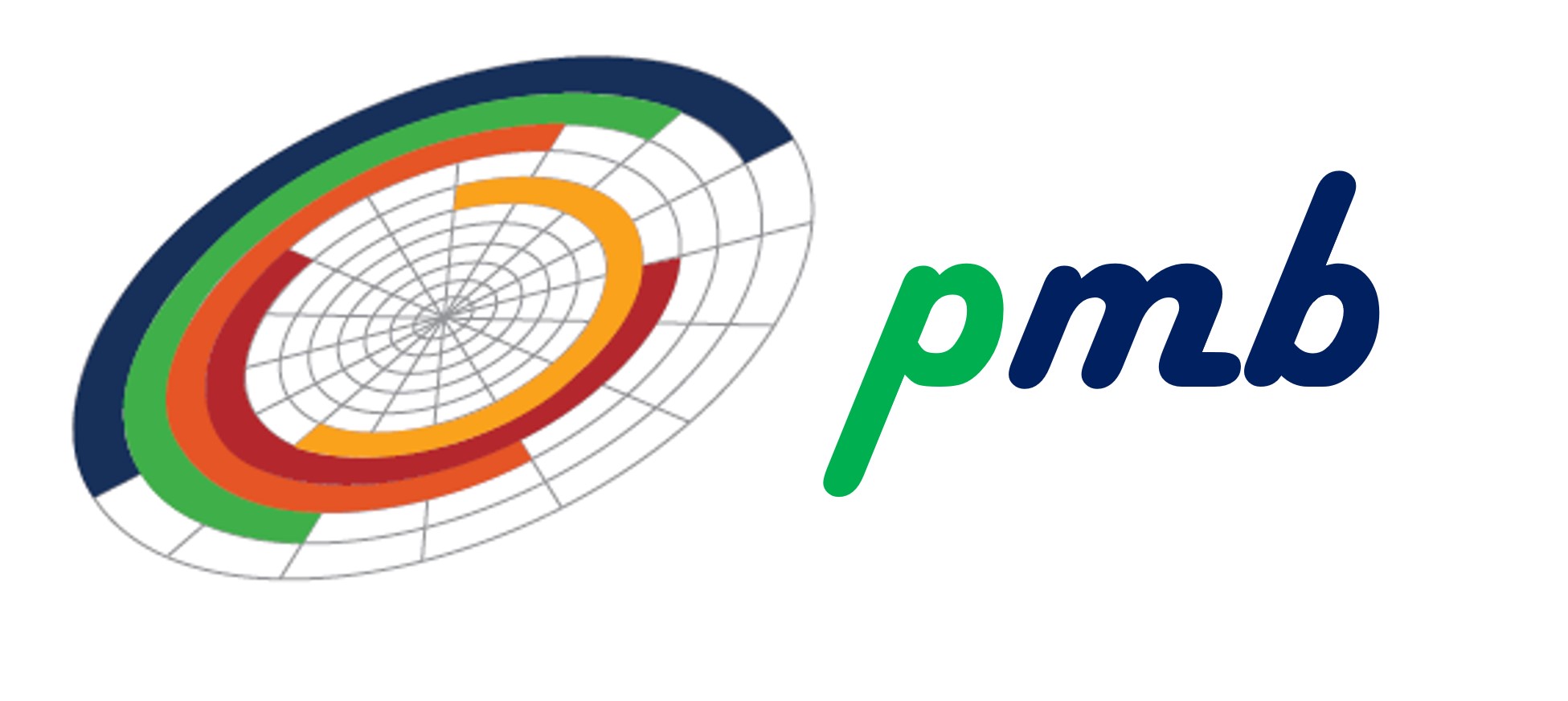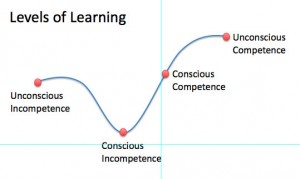Admitting I don’t know creates such anxiety.
Managers, group leaders and professionals cannot admit and say “I don’t know.” I suppose there’s an unwritten rule about it.
I don’t even want to speculate about where this rule came from…well may I do want to speculate. But the fact is I don’t know. So I Googled the more common phrase, “I don’t know what I don’t know.” Seems as though this is readily admitted to in the public world.
In conversations with professionals in all levels of companies, it is not uncommon for me to hear “I don’t know what I don’t know.” Then within minutes on the same topic hear “I know.” The “I know” statement has no credibility. Why not?
I think about my use of it. Heck, I’ve watched action flicks and I know how a cop should enter a room when pursuing the bad guy. I know what a good golf shot is. I know what an awesome pass to wide receiver should be. I know.
I don’t know
Here’s the crux. I really don’t know. I think I know. But I don’t. Why is that?
The reason is that there is no proven execution.
Let me say that again. There is no proven execution.
I might know in theory how to do something, but my execution sucks.
When I say “I know,” while evidence points out that I don’t, I am a beginner, an unconscious incompetent.
In case you haven’t seen this in a while you can see the learning curve tracing out the path of learning.
Unfortunately, in business it takes a shock, a major failure, a set back, something that rocks your world in a big way to realize you are incompetent and can’t execute. Even if you’ve previously been highly competent for years. The world changes, business changes, and the business environment changes. If you are not constantly changing and learning you are falling behind.
What if you got control of it ahead of time? What if, instead of thinking you knew, realized that, “I don’t know” is the right mindset. You decide to find out, learn, and become proficient for each new opportunity that fits with your vision. Assuming you have a vision.

The “I know” statement can certainly be construed as a red flag statement. Beware of the “I know.”
What are you going to do if you’ve said “I know” about something important?
Start with, “I don’t know.” Ask questions.
A good next step is to assess yourself and your company or organization.
Are you good at delegation? (be sure to scroll down to delegation assessment. And look for the delegation infographic too!)
How about Leadership basics? (be sure to scroll down to leadership assessment. And look for the leadership vision worksheet.)
Explore more on assessments.
Helping Leaders Breakthrough
“Dominate your life with Focus, Decision and Execution.”





